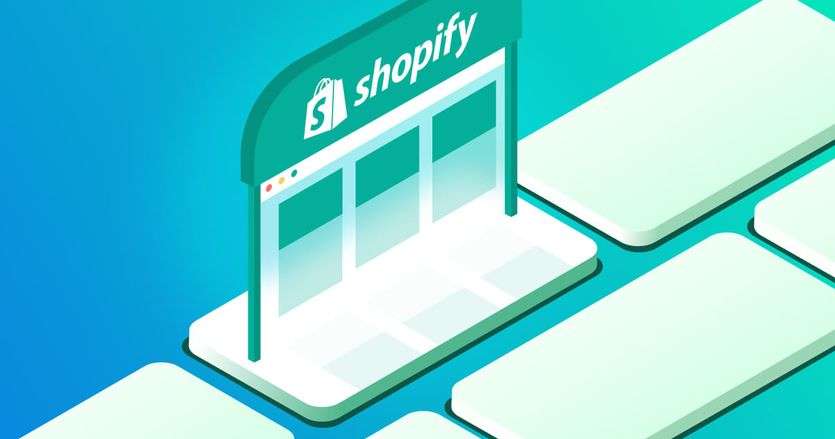There are countless ways to get your merchandise online, but there is one that always stands out: Shopify. We all love it, we all hate it, but there is a certain magic to it that business owners just can't skip. So what's the catch?
Let's Get Acquainted
Shopify is your average e-commerce platform. What it does is gives you space to sell your products, sparing you from the headache of maintaining servers and swimming in the endless sea of design and code. Imagine WordPress, but for stores. That is it. Being so popular, it certainly has good sides to it, but what people so often oversee is its negative ones. Let's discuss both of them to help you choose whether Shopify is for you.
Good Sides

Easy To Use
Let's start with the big guns. Shopify is easy to use and maintain, and you don't have to be skilled in any technicalities of creating a website: it got you covered. Light interface, easy product storage maintenance, even payment processing: all of that is included, and is a click away from you.
Fast
Shopify-hosted websites are pretty fast. Costumers won't usually wait for loading times to take forever because they value their time even more than they value their money.
Lots of Payment Options
Shopify includes over 100 different payment processors, the most important thing that you care about. Apple Pay, Google Pay, PayPal: everything is at your disposal. Having different payment options gives you enough flexibility to satisfy every customer: finally a website where I can pay with my League of Legends token! Just joking. Unless...
Customization
Shopify has an online store with hundreds of themes for you to choose from. You can create an aesthetic you were looking for without hiring a dedicated team of designers and make everything on your own.
Plugins
Shopify has its own App Store packed with plugins. It is very easy to install them and maintain them afterward. From increasing leads to giving customers hints to refer you to their friends, you've good a full tool shed to make your business thrive.
Security
One thing more off your list. You don't have to be overly worried about your shop, as the Shopify team has your back. If something happens, you will have people to resolve the issue and compensate you for the losses, but it is not likely to happen, because Shopify cares about your security. They even go as far as paying hackers to discover holes in their security systems to prevent any bad things to happen.
Bad Sides

CMS
Shopify is a very sales-oriented platform, and it does not allow you to post any more or less rich content on your page. When compared to a jack-of-all-trades WordPress, Shopify is very poor at providing content posting options.
Scalability
As a business, you are always looking to scale and get bigger. That will become a problem with Shopify, as it's not very future-proof. While being perfect for small businesses, it won't be able to handle hundreds of customers at once, and neither do you. You will be forced to take your business to a custom solution that will satisfy all of your rising needs.
Uniqueness
Being a brand, you always want to stand out. By using Shopify, you are sacrificing that part. Using a theme is good and all, but it won't make the customers remember you in any way: you look like just that website they have visited two hours ago. For this reason alone, you might want to consider getting a custom solution that will ring a bell and make people remember and recognize you.
Plugins Are Not Always Good
And they do not always work as intended. Moreover, they are not customized for your needs and maybe not doing that much good for your business for the money you are paying for them.
Cost
Shopify is not free. Themes are not free. Plugins are not free either. Most of those things are subscription-based, and they provide very basic things. Want to be able to print FedEx labels? Be ready to pay an additional $60 a month. Want to manage your inventory a little better? Here's another monthly $90 bill for you. What you might not realize, these things add up over time. That is why, still, a custom solution is the best way to resolve this and avoid paying over and over.
Fees
You will be paying them an additional commission if you are not using an inbuilt payment processor, which can be a huge deal-breaker for some people.
Reports
Many clients have a grudge on the Shopify reporting system, deeming it slow, lacking information, and hard to customize.
Dynamic Pricing
Discounts and dynamic prices are a big problem in Shopify. Users often say that they are limited options for those, and customizing them is not the easiest job ever.
Decide For Yourself
Wherever it is the right platform for you, it is up for you to decide. If you're a small business, Shopify can be a good starting point, but if you are looking to start scaling as you go on, my advice would be to look into building a custom solution that will be tailored just for you.




